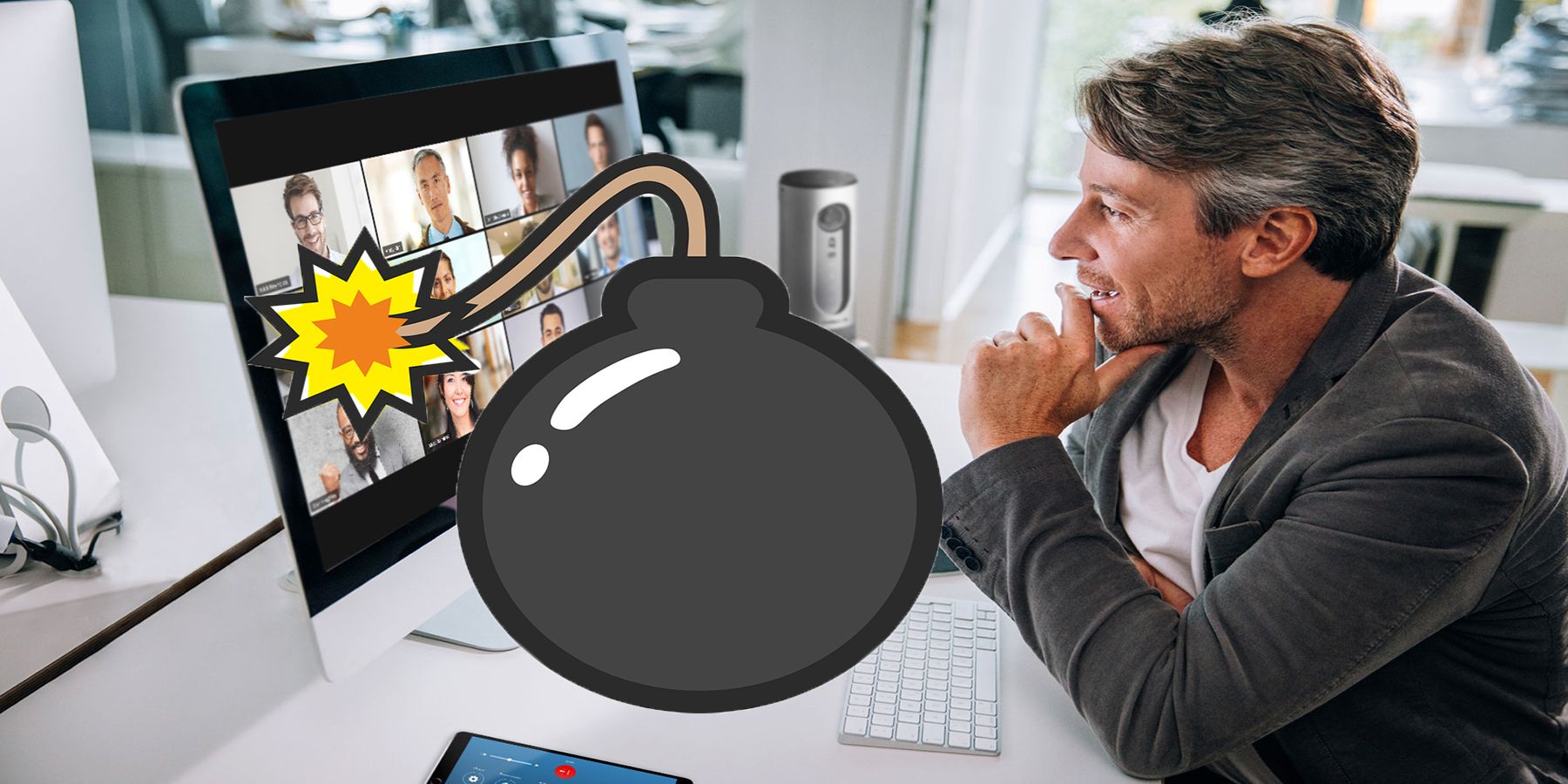By way of a memo to employees, SpaceX, helmed by Elon Musk, has prohibited its employees from using Zoom while working from home, effective immediately. As one of the world’s foremost tech companies, with connections to space travel, defense contracting, and telecommunications, SpaceX’s discontinued use of the Zoom app is cause for concern.
Of all the video conferencing platforms used today, Zoom has enjoyed the largest benefit from our coronavirus-induced social distancing recommendations. The app saw significant growth in its user numbers over the month of March and has rapidly become an essential pillar as the world adjusts to working from home and primarily communicating online. However, just as quickly as its ascension, multiple privacy issues with Zoom have surfaced, and the company has been on the back foot trying to quell concerns. With the amount of attention it now enjoys, these daily controversies may continue to grow.
According to Reuters, an employee memo indicates SpaceX has banned the use of Zoom due to “significant privacy and security concerns“. It is unclear if any specific issue with Zoom triggered this decision, but it’s certainly likely, considering how damning any one of the reported privacy holes in the app could be to a company like SpaceX. Factoring in that SpaceX is a major contributor to NASA (which has also banned employee use of Zoom), and that its leader, Elon Musk, also runs Tesla, one of the more innovative automobile manufacturers in the world, it’s hard to imagine them taking risks with privacy.
Zoom’s Struggling Relationship with Privacy

While it almost seems inevitable that more issues will crop up, the current issues with Zoom as it relates to privacy are Zoombombing, encryption, and user data security. Zoombombing is straightforward and might even be a user’s fault. The most common way Zoom users handle gathering for meetings is through sharing a link amongst potential members. Anyone who finds that link or “brute forces” their way to figuring it out can join the meeting. It’s avoidable by in a number of ways, but it’s still something that can seriously compromise even a casual Zoom conversation. Imagine how frightening that sort of risk must be to a company like SpaceX.
Beyond that, Zoom’s relationship with encryption is confusing. In simple terms, it’s lying about how well it encrypts video chats, and in practice, it’s not as secure as several of its competitors. Further complicating those issues are reports that the app’s Company Directory feature can share personal emails and full names of users without them knowing. There’s also the less-egregious, but still alarming issue with how Zoom handles the Windows Universal Naming Convention path, and the issue of the active class-action lawsuit related to how the app shares data with Facebook. It’s easy to see why a company operating at the scale of SpaceX would prefer to just sidestep Zoom entirely.



